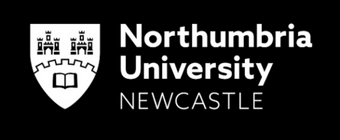Are you interested in how to make cars better, faster, safer, cleaner and more sustainable? The automotive industry, which includes successful manufacturers like Nissan, Honda and Jaguar Land Rover, needs engineers who can work on design, production, and research and development.
The first three years of the course, or four years if you undertake a year-long industrial placement, are the same as our BEng (Hons) Automotive Engineering. You’ll then complete a further year to gain your MEng. This final year continues the strong focus on automotive engineering.














